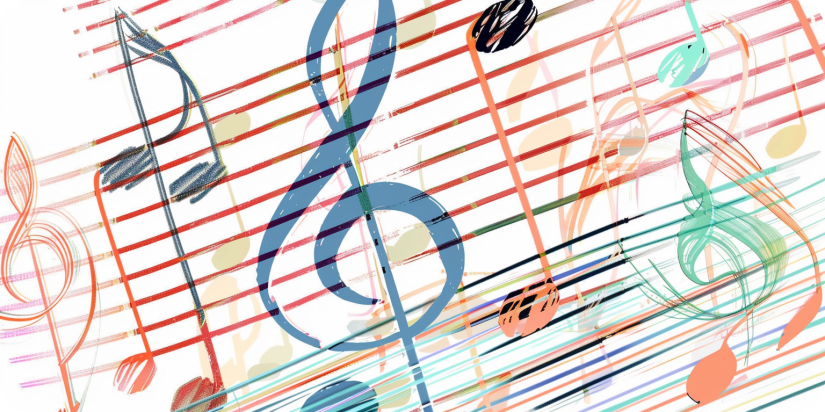✍️ This opinion piece was contributed by Nick Shaheen, a musician and Biz Dev lead at Bankless ✍️
Moving onchain can create new forms of revenue and connections for musicians and their fans, potentially breaking down the walled gardens built by Big Tech and the music industry’s status quo.
Indeed, while Big Tech feasts like a vampire by controlling our data, the music industry itself is often likened to a mafia, where success depends on pleasing the right people.
This is a crossroads ripe for disintermediation, which is why blockchain tech is so interesting here: it can eliminate middlemen, giving more power to the artists. That said, what are some cool efforts to watch in this sector right now?
Let’s walk through 5 projects attempting to innovate in this space that you should have on your radar!
Audius
Audius is a fully decentralized digital streaming service for musicians built on both Ethereum and Solana. Owned and run by a global community of contributors, Audius allows artists to share exclusive music and monetize streams directly with fans, while developers can build apps on top of Audius, accessing a unique audio catalog. The project’s $AUDIO tokens are staked to operate nodes, secure the network, and participate in the platform’s governance. In the very least, it’s a community-driven music experiment that’s worth keeping an eye on.
Fam
Fam is a multiplayer music communities platform built atop Base, Party, and Zora. It enables music communities to grow, collaborate, and fund creative projects collectively. Think onchain record labels, fan clubs, or music collectives! Memberships help grow a shared pool of funds owned by the community, which members can propose ideas for and vote on. Projects can include funding live events, creating music drops with built-in splits, and more. It’s an awesome new demonstration of the possibilities for collaborative culture creation in the music industry.
Oscillator
Oscillator aims to create a federated data layer where music apps share data, creating a “smart account” for fans to carry their music identity across platforms. This standardization unlocks new possibilities for fans, artists, and developers. Fans could seamlessly connect over their favorite music, and artists could engage directly with their top 1,000 fans. Oscillator’s protocol enables artists to own their audience and take them cross-platform, while allowing builders to create innovative products on open data sets, fostering a more open and connected music ecosystem.
Songcamp
Songcamp is a music-first Zora client. What this means is that the platform works atop the Zora protocol and specifically surfaces and caters to commenting and collecting around its music NFT mints, of which there are many these days. The team recently introduced Audiato, a space to post, share, and mint music on Base with a simple 30-day open edition minting process. Featuring a persistent music player and art-rich mint pages, Audiato makes it seamless for musicians to showcase their music and for fans to engage through commenting and tipping.
Sound
Sound is a platform and protocol combo for music NFTs. It allows artists to debut new music as uniquely numbered NFTs, making each release an event, and fans can showcase their early support by owning these NFTs, which grant various perks. The platform offers customizable mint formats, end-to-end royalties, and gas-efficient transactions, and it supports drops on Ethereum, Optimism, and Base. Additionally, it features genre-specific Channels for focused discussions, enhancing the prospects for music discovery and community engagement.
This news is republished from another source. You can check the original article here








